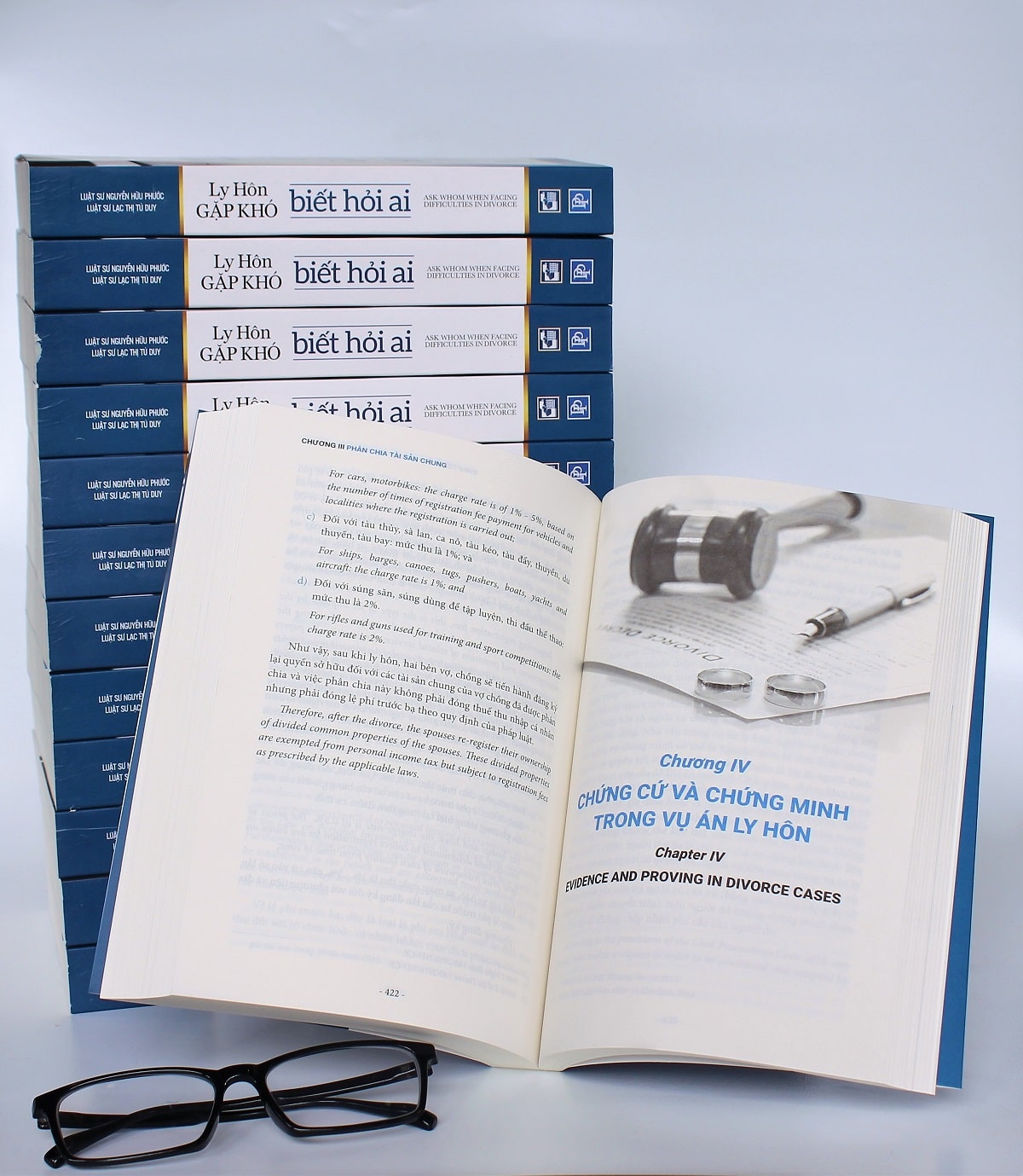It is not rare for divorce cases to face situations where the plaintiff has provided the Court with evidence which is intentionally or unintentionally falsified. Of course, this falsified evidence will not be considered as acceptable evidence, as they should have had to be true under the law[3]. In these cases, the law allows the plaintiff to withdraw the evidence that is alleged to be counterfeited. If the plaintiff does not withdraw the falsified evidence, either the Court or the whistleblower through the Court shall have a right to solicit the examination of the alleged evidence[4].
The consequence of submitting false evidence is not only that the Court will not consider it, the submission of false evidence may also lead to an administrative penalty, or even a criminal charge. In addition, if the conclusion from the examiner confirms that the evidence is false, the person who submitted it must bear the examination expense.
The important
issue here is at which point in time may the evidence provider withdraw the evidence. According to the current law, if there is an allegation that the submitted evidence
is false, the Court may issue a decision to solicit the examination of the alleged evidence at the request of one or more litigants. In the absence of a request for
examination from the alleging spouse, the Court itself may issue a decision to
solicit examination if it deems necessary to resolve the case. Thus, it can be
seen that withdrawal of evidence should be conducted before a decision to
solicit examination from the Court. Once the Court has issued a
decision, the evidence will immediately be sent in for
examination. Consequently, the litigant
will not be able to withdraw the evidence during that examination process. By
the time the result is available, the revocation of evidence will no longer be matter
since the question of the legitimacy of the evidence has been answered by the examination’s
result.
[3] Article 93 of the Civil Proceedings Code 2015.
[4] Article 103.1 of the Civil Proceedings Code 2015.
If you would like more information on how we can assist you with divorce issues, please contact us at: +84 (28) 36223522 or email us at info@phuoc-partner.com

